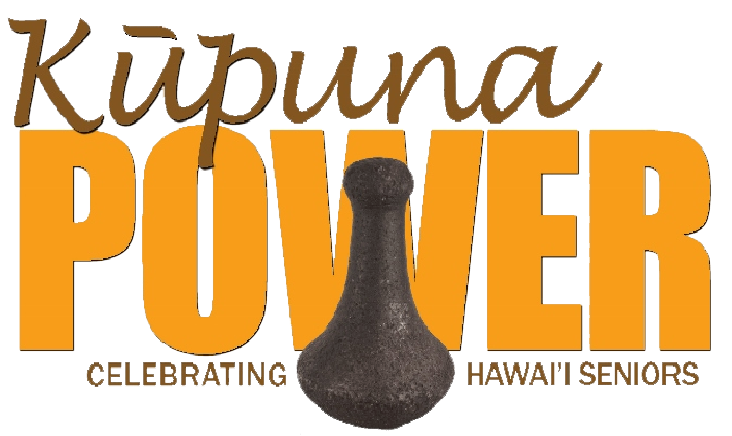
Resources for Kūpuna
Elder Abuse
· Unscrupulous people target seniors and will abuse or take advantage of them. How can you protect against fraud and scams? Consider doing the following:
•Learn about the types of elder abuse and neglect and associated warning signs.
•Get on the National Do Not Call Registry to reduce telemarketing calls. Visit www.DoNotCall.gov or call 888-382-1222 to register your phone number.
•If you are offered a “prize,” “loan,” “investment,” etc. that sounds too good to be true, it probably is too good to be true.
•Consult with someone you trust before making a large purchase or investment. Don’t be pressured or intimidated into immediate decisions.
•Don’t sign any documents that you don’t completely understand without first consulting an attorney, family member, or close friend that you trust.
•Do not provide personal information (social security number, credit card number, etc.) over the phone unless you initiated the call and you know with whom you are speaking. Neither Medicare nor Social Security will call you asking you for your Social Security number- they already have it. They will ask you other identifying information to make sure that they are speaking with you.
•Tear up or shred credit card receipts, bank statements, and financial records before disposing of them.
•If you hire someone for personal assistance services, in home care services, etc. ensure that they have been properly screened with criminal background checks completed.
Educating seniors, professionals, caregivers, and the public on abuse is critical to prevention. How can elder abuse be prevented? On an individual level, some simple but vital steps to reduce the risk:
•Take care of your health.
•Seek professional help for drug, alcohol, and depression concerns, and urge family members to get help for these problems.
•Attend support groups for spouses and learn about domestic violence services.
•Plan for your own future. With a limited power of attorney or a living will, health care decisions can be addressed to avoid confusion and family problems, should you become incapacitated. Seek independent advice from someone you trust before signing any documents.
•Stay active in the community and connected with friends and family. This will decrease social isolation, which has been connected to elder abuse.
•Know your rights. If you engage the services of a paid or family caregiver, you have the right to voice your preferences and concerns. If you live in a nursing home or board and care home, call your Long Term Care Ombudsman. The Ombudsman is your advocate and has the power to intervene.
All states, including Hawaii have adult protective and long-term care ombudsman programs, family care supports, and home and community care services that can help. Call 643-ADRC for information and referrals on services in your area (643-2372).
